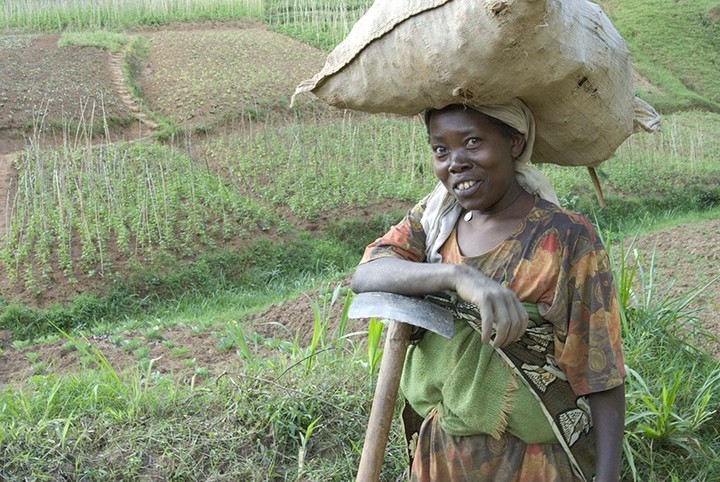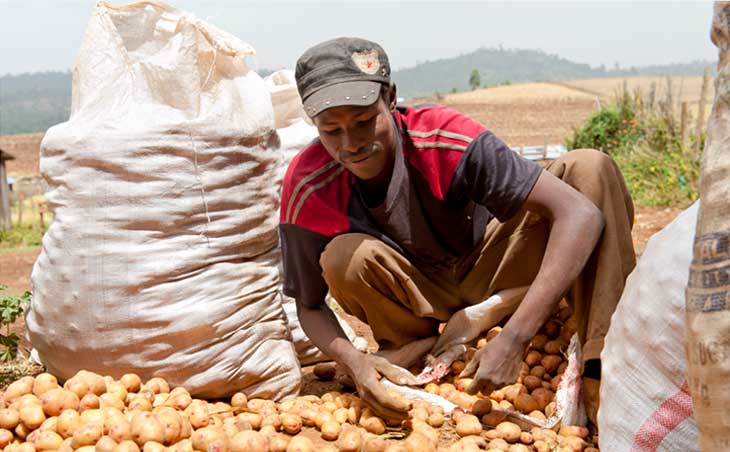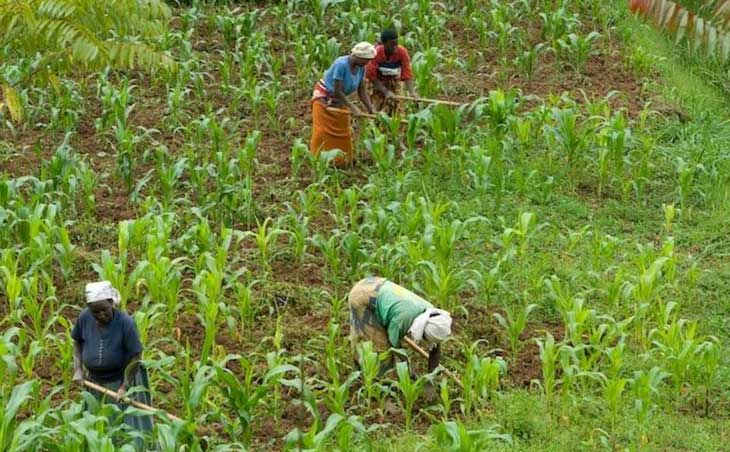RIPL in Tanzania

The RIPL project is developing “Guidebooks” to support equitable and socially responsible land-related investments. The Guidebooks will help investors, governments, and communities better understand and implement international best practices in land acquisition and commodity procurement, such as those outlined in the Voluntary Guidelines and African Union Guiding Principles. Most importantly, the Guidebooks will pay careful attention to the needs of both women and men affected by investments, with the goal of improving social, economic, environmental, and livelihood outcomes. The Guidebooks will be grounded in Tanzania’s cultural, governance, and investment context.
Development of the Tanzania Guidebooks is being carried out in coordination with local partner TNRF and involves analysis of multiple investment projects in Tanzania, extensive stakeholder consultation, gender-sensitive field research, and the establishment of a Project Advisory Group to inform and shape the Guidebooks.



